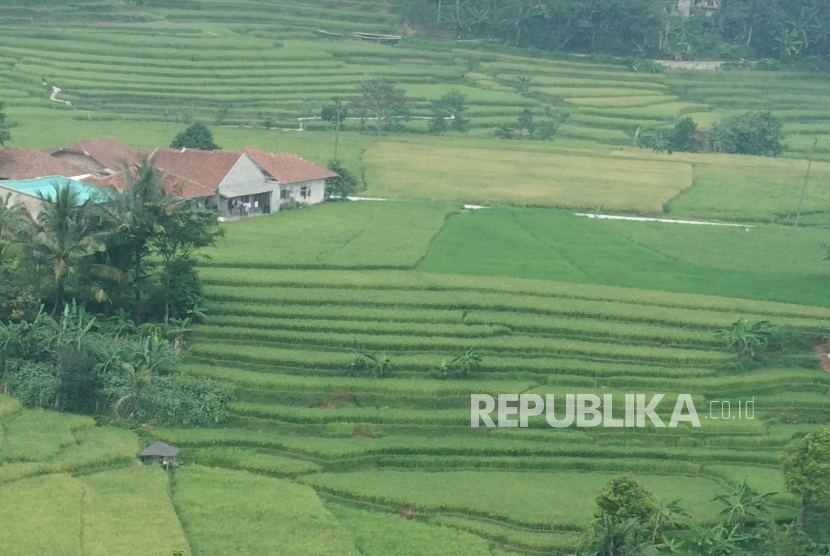REPUBLIKA.CO.ID, JAKARTA -- The Ministry of Religious Affairs has reaffirmed its commitment to optimizing community funds, particularly waqf (Islamic endowment), as a tool to support national development.
The ministry's Secretary General, Kamaruddin Amin, said in Jakarta on Saturday that waqf should no longer be limited to traditional uses, such as financing the construction of mosques and schools, but should also be directed toward economically productive sectors.
"With modern governance, digitalization, and safe sharia-based investment models, waqf can play a concrete role in improving the welfare of low-income communities," he noted.
He explained that the initiative aligns with the President's directive on accelerating poverty reduction and eradicating extreme poverty.
"Community funds must become a tangible solution to end extreme poverty, in line with the President's mandate," he stressed.
Amin emphasized the importance of cross-agency synergy to maximize the impact of community fund utilization. The ministry, he said, will strengthen coordination with the Indonesian Waqf Agency (BWI), the National Alms Agency (Baznas), Islamic philanthropic institutions, and the business sector.
With a presidential instruction providing legal grounding, Amin expressed confidence that Indonesia's community fund ecosystem will become more integrated, transparent, and effective.
As part of this effort, the ministry launched the Islamic Education Waqf movement on Saturday, which aims to promote a more productive, transparent, and professional use of waqf. The ministry's Director General of Islamic Education, Amien Suyitno, said the initiative is expected to mark a new milestone in financing Islamic education programs nationwide.
He added that the goal is to create higher-quality madrasahs, more independent pesantrens, and competitive Islamic universities through stronger waqf utilization.


